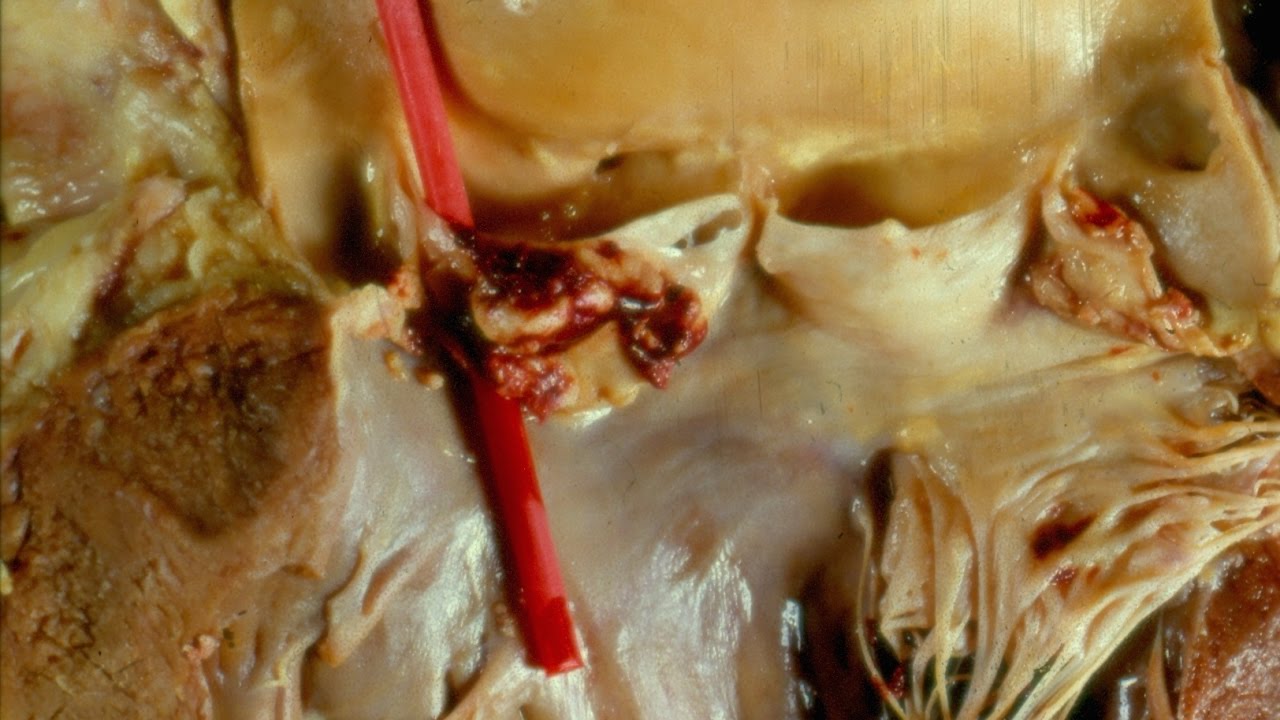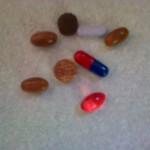The symptoms of endocarditis can develop rapidly over the course of a few days (acute endocarditis) or slowly, over the course of a few weeks or possibly months (subacute endocarditis).
Subacute endocarditis is more common in people with congenital heart disease.
Symptoms of endocarditis
The most common symptoms of endocarditis include:
a high temperature (fever) of 38C (100.4F) or above
chills
night sweats
shortness of breath, especially during physical activity
cough
heart murmurs – where your heart makes a whooshing or swishing noise between beats
tiredness (fatigue)
muscle and joint pain
Other symptoms can include:
the appearance of a spotty red rash on the skin (this is known as petechiae)
narrow, reddish-brown lines of blood that run underneath the nails
painful raised lumps that develop on the fingers and toes
painful red spots that develop on the palms of your hand and soles of your feet
mental confusion
When to seek medical advice
You should contact your GP as soon as possible if you develop any of the above symptoms, particularly if you’re at a higher risk of developing endocarditis, such as having a history of heart disease.
Read more about the causes of endocarditis.
These symptoms are more likely to be caused by a less serious type of infection. However, your doctor will want to investigate.
When to seek emergency medical advice
A stroke is one of the most serious complications that can develop from endocarditis.
If you suspect a stroke, you should dial 999 immediately to request an ambulance.
The most effective way to identify the symptoms of a stroke is to remember the word FAST, which stands for:
Face – the face may have fallen on one side, the person may be unable to smile, or their mouth or eye may have drooped
Arms – the person may be unable to raise both arms and keep them there as a result of weakness or numbness
Speech – the person’s speech may be slurred
- Acute
- Acute means occurring suddenly or over a short period of time.
- Bacteria
- Bacteria are tiny, single-celled organisms that live in the body. Some can cause illness and disease and some others are good for you.
- Blood
- Blood supplies oxygen to the body and removes carbon dioxide. It is pumped around the body by the heart.
- Blood vessels
- Blood vessels are the tubes in which blood travels to and from parts of the body. The three main types of blood vessels are veins, arteries and capillaries.
- Fatigue
- Fatigue is extreme tiredness and lack of energy.
- Fever
- A high temperature, also known as a fever, is when someone’s body temperature goes above the normal 37°C (98.6°F).
- Haemorrhage
- To haemorrhage means to bleed or lose blood.
- Nodules
- A nodule is a small growth or lump of tissue.
- Inflammation
- Inflammation is the body’s response to infection, irritation or injury, which causes redness, swelling, pain and sometimes a feeling of heat in the affected area.

